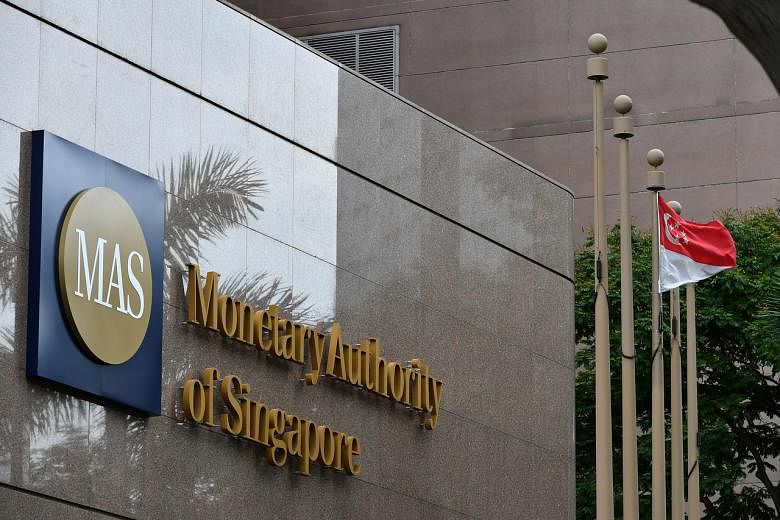We thank Mr Rajagopalan Krishnamoorthy for his feedback (MAS request of banks not fair to retail investors, Aug 10).
Mr Krishnamoorthy asked if it was necessary for the Monetary Authority of Singapore (MAS) to intervene in the local banks' dividend payouts, and if such a move required shareholders' consent.
Dividends are a means through which companies share excess profits with their shareholders. They are discretionary in nature, subject to the assessed cash needs of the company.
The dividend restriction announced by MAS will bolster local banks' strong capital buffers, strengthening their ability to absorb shocks and support lending to businesses and individuals through this period of uncertainty.
Major jurisdictions such as the United States, United Kingdom, European Union and Australia have taken similar pre-emptive capital conservation measures.
MAS' measure is applicable to local banks and finance companies, and is not intended to serve as guidance for other corporates.
We recognise that some shareholders rely on local banks' dividends for regular income, and have sought to balance the policy objective of ensuring the banks' robust financial positions with the cash-flow needs of these shareholders.
This is why, instead of suspending dividends altogether as some other jurisdictions have done, MAS carefully calibrated the dividend cut at 40 per cent of the local banks' FY2019 dividend per share.
Should the dividend restriction turn out to be overly conservative, the retained profits will still accrue to shareholders and they should not be worse off in the longer run.
Mr Krishnamoorthy also asked about changes in loan interest rates. MAS expects loan interest rates to be revised in a timely and fair manner in line with market developments, taking into account banks' cost of funding.
For mortgages, borrowers currently on housing loans pegged to market rates, such as the Singapore Interbank Offered Rate, would already have seen interest rates for their loans adjust downwards over the past few months.
Borrowers can also refinance their property loans to take advantage of lower interest rates without being subject to total debt servicing ratio rules.
This is available for both owner-occupied and investment property loans. For loans within the lock-in period, banks may impose charges according to the terms of the loan.
We encourage borrowers who are facing financial difficulties to get in touch with their financial institutions to discuss possible fee waivers and to work out sustainable debt repayment options.
Jerome Lee
Director, Corporate Communications,
Monetary Authority of Singapore

